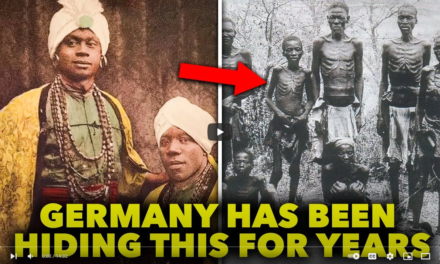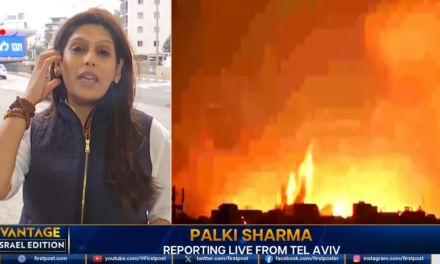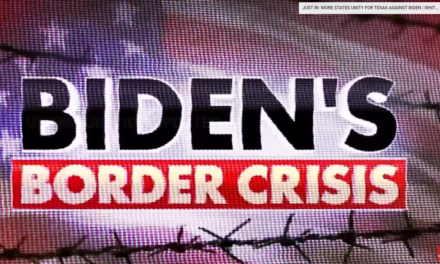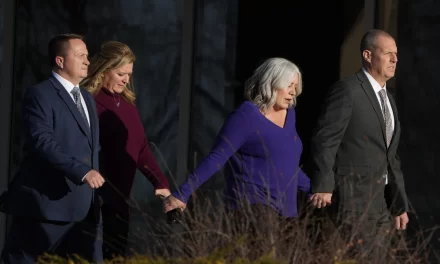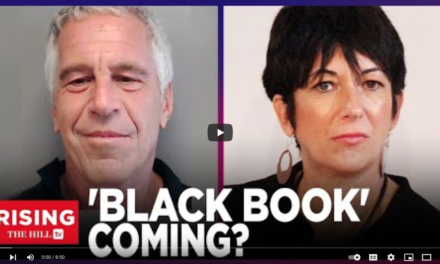In a recent YouTube video addressing the complex issues in the Middle East, speakers shed light on accusations, conflicts, and the struggle for accountability. From South Africa accusing Israel of genocide to allegations of Hamas sexual violence, the discourse dives into the heart of the region’s ongoing challenges.
South Africa’s Accusation at the UN
South Africa’s bold move accusing Israel of genocide at the UN’s International Court of Justice takes center stage. The allegations stem from Israel’s involvement in the Gaza conflict, accompanied by widespread destruction and a humanitarian crisis. Despite initial dismissals by Israel, the case raises questions about accountability. Israeli spokesperson Eli Levy condemns South Africa, while international law expert Francis Bole sees a strong case based on the evidence presented.
US Actions in the Red Sea
The narrative shifts to the Red Sea, where the US targets and kills 10 Houthis. Simultaneously, Iran deploys its Albor Destroyer in the region. Israel’s response includes accusing South Africa of aiding and abetting genocide. The situation prompts discussions on the broader accountability for actions in the Middle East.
Israel’s Actions as Genocide
The speakers argue that Israel’s actions towards Palestinians in Gaza amount to genocide, fueled by decades-long occupation and US support. Drawing historical comparisons to World War II, they emphasize that Israel’s goal is subjugation, not conventional warfare. The Israeli Siege on the Gaza Strip and the deliberate deprivation of basic rights are highlighted as contributors to violent resistance, calling for accountability for years of occupation and war crimes.
Defending Israel’s Actions
Delving into the moral defensibility of Israel’s actions, the discussion addresses accusations of Hamas having a “rapist government.” Historical evidence of sexual violence against Palestinian women by Israeli militias is presented to counter the narrative. The speakers condemn the use of such rhetoric as a deflection from Israel’s ongoing atrocities, asserting that Israeli military crimes should be held accountable.
Omar Bhadar’s Perspective
Omar Bhadar challenges the notion that Hamas is worse than ISIS or a “rapist government.” He advocates for focusing on the root causes of violence rather than individual crimes or labels. Bhadar asserts that Israel’s occupation and denial of freedom to Palestinians are the fundamental causes of the ongoing conflict. He critiques the hypocrisy of those who overlook the root causes and instead control the narrative with inflammatory language.
As the Middle East remains embroiled in conflicts and accusations, the video prompts reflection on the need for accountability, understanding the root causes of violence, and the responsibility of the international community to address these complex issues. The discussions, though provocative, highlight the urgency of finding lasting solutions to the persistent challenges in the region.


